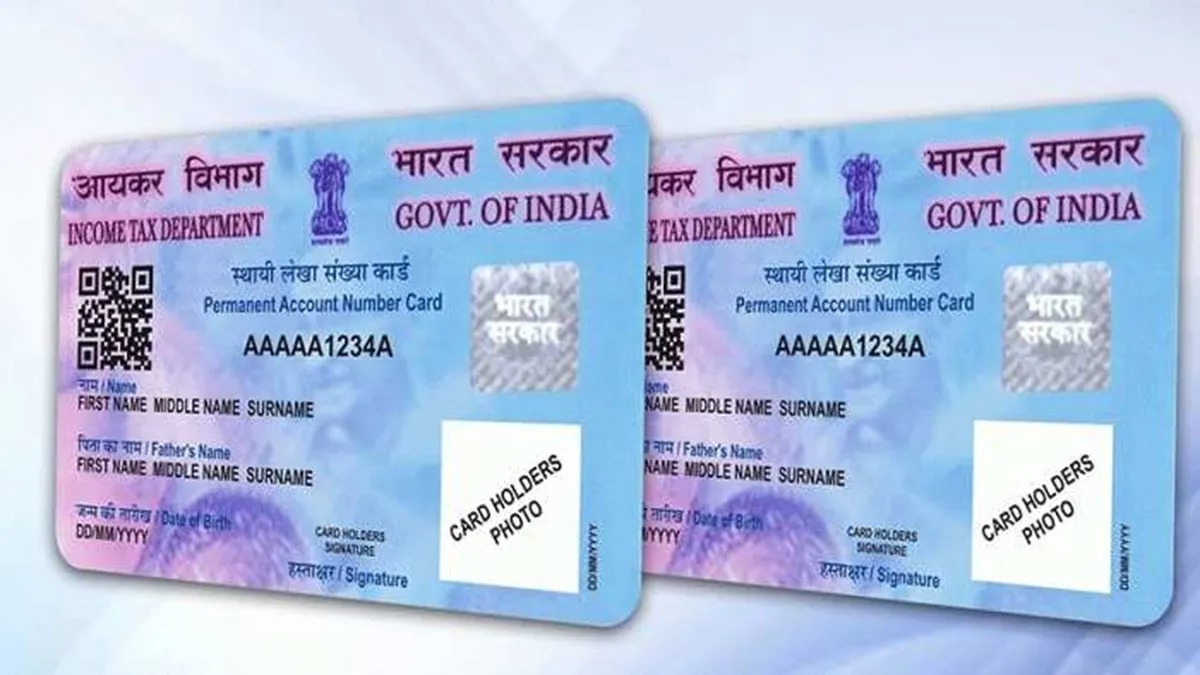
The Permanent Account Number (PAN) is a unique 10-digit alphanumeric identifier issued by the Income Tax Department to every taxpayer in India. Managed by the Central Board of Direct Taxes (CBDT), PAN serves as a crucial tool for identity verification and plays a significant role in financial transactions. Whether you're earning income, investing, or conducting high-value transactions, a PAN card is essential.
Let’s explore where and how PAN is used in various financial activities.
1. PAN Card in Banking
PAN is mandatory for multiple banking-related activities, ensuring transparency and tax compliance.
- Opening Bank Accounts – A PAN card is required when opening a savings, current, or fixed deposit account.
- Large Cash Transactions – If you're depositing or withdrawing more than ₹50,000 in cash per day, PAN is necessary.
- Applying for Loans & Credit Cards – Banks verify your PAN to assess your creditworthiness before granting a loan or credit card.
- Tracking Interest Income – PAN helps banks track interest earnings on savings and fixed deposits to ensure correct tax deduction at source (TDS).
2. PAN Card in Investments
Investing in the stock market, mutual funds, or bonds? Your PAN is crucial for compliance and taxation.
- Stock Market & Trading – A PAN card is required to open a demat account and trade in stocks.
- Mutual Funds – For investments exceeding ₹50,000, a PAN is mandatory to track gains and maintain transparency.
- Bonds & Debentures – PAN is necessary when investing in these instruments to track interest income and tax deductions.
- Buying Gold – If you purchase gold worth ₹2 lakh or more, a PAN card is needed to prevent tax evasion.
3. PAN Card in Property Transactions
Real estate transactions involve large sums, making PAN essential for tracking ownership and tax obligations.
- Buying Property – For properties worth ₹10 lakh or more, PAN is required from both buyers and sellers.
- Selling Property – Sellers must mention their PAN in the sale deed to ensure capital gains tax compliance.
- Home Loans – Banks demand PAN for home loan applications to verify financial history.
- High-Value Rent Agreements – If annual rent exceeds ₹1 lakh, both the tenant and landlord must provide their PAN.
Why PAN is Important?
Apart from being a tax identification tool, PAN helps in preventing fraud, curbing tax evasion, and ensuring financial transparency. From everyday banking to large-scale investments, it plays an indispensable role in India's financial ecosystem.
Read More: D-Street Bloodbath Investors Lose ₹5 Lakh Crore as Markets Crash on GDP Eve

 Share
Share


_853562307_100x75.jpg)
_1063032679_100x75.jpg)